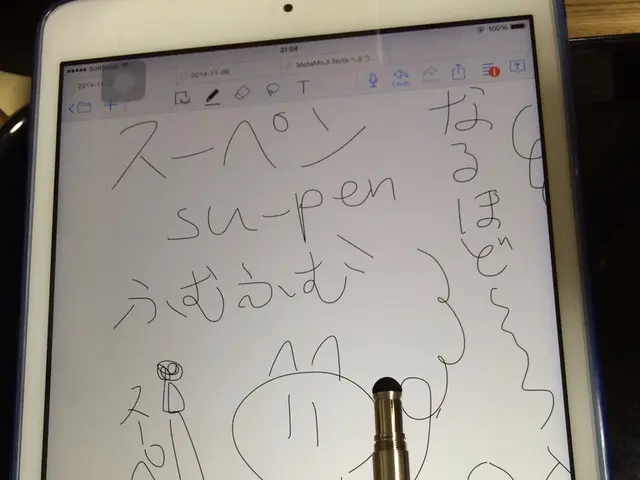Quick Study Strategies for Last-Minute Crunch to Ensure Success
**Effective Last-Minute Study Strategies for College Exams**
With college exams looming, it's essential to make the most of your limited study time while maximizing retention. Here are some actionable, evidence-based strategies to help you succeed.
**1. Prioritize Key Content and Use Past Exams**
Start by quickly scoping out your curriculum and listing all topics covered. Highlight those definitely included in the exam or emphasized by instructors. Review past exam papers (ideally from the last 4-7 years) to identify frequently tested topics and the style of questions asked. This helps focus your revision on high-yield material.
**2. Employ Spaced Repetition Even in Short Time**
Although full spaced repetition benefits from time gaps, try to space review sessions of the same material within your available timeframe. For example, review a topic multiple times with short breaks in between. Actively retrieving information by testing yourself strengthens memory better than passive rereading.
**3. Create a Focused Study Schedule with Breaks**
Break down your study material into manageable chunks and assign fixed, short study periods (e.g., 1-2 hours) with brief breaks in between to maintain focus and avoid burnout. Use a timer if helpful. Prioritize topics based on difficulty and your understanding, tackling harder areas first. Incorporate rewards after completing each study block to stay motivated.
**4. Use Active Study Techniques and Minimise Distractions**
Study in a quiet environment free from distractions like phones or TVs. Use vivid, organized notes (colors, diagrams) to enhance memory. Engage with the material actively—create your own practice questions or flashcards, teach the material aloud, or summarize key points.
**5. Practice with Sample or Mock Exams**
Doing practice exams under timed conditions familiarizes you with the test format and highlights weak areas needing focus. After each practice test, review mistakes carefully and revisit those topics.
**6. Manage Stress and Maintain Physical Health**
Use relaxation techniques such as deep breathing, visualization, or meditation to reduce test anxiety. Ensure sufficient sleep, hydration, and nutrition to optimize cognitive function. Light exercise can also boost mood and alertness.
In summary, when time is limited, focus on high-yield topics identified from your syllabus and past exams, use active recall and spaced repetition even in compressed cycles, study in focused intervals with breaks, and practice with mock questions whenever possible. Complement these methods with stress management and self-care to maximize retention and exam performance.
Small adjustments to study space, like reducing digital distractions, can improve retention by up to 25%. Active recall techniques are proven to maximize limited review time effectively. Environmental tweaks, such as proper lighting and temperature, enhance focus during crunch periods.
Communicate to Enhance Your Understanding: Explaining concepts aloud forces you to organize thoughts clearly, revealing what you truly grasp versus what you merely recognize. Practice Test Strategies: Simulated assessments act like X-rays for your learning, revealing areas needing attention.
- To boost productivity and maximize retention during last-minute study sessions, consider incorporating mindfulness techniques such as meditation or deep breathing to manage stress levels and maintain focus.
- Engaging in continuous learning and self-development, especially in the areas of personal growth and education-and-self-development, can provide valuable wisdom and motivation to help you stay on track during crunch periods and beyond.
- As you practice effective last-minute study strategies for college exams, remember to regularly assess your understanding by testing yourself on key concepts, seeking feedback from peers or instructors, and determining your areas of improvement.








